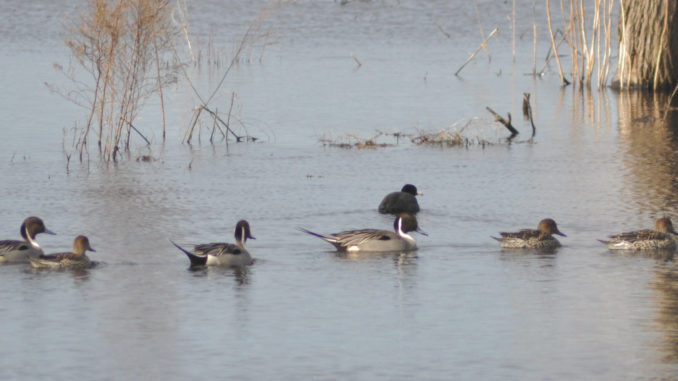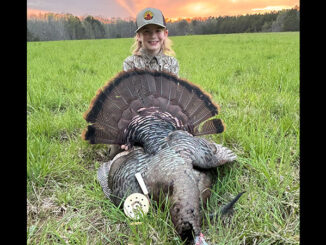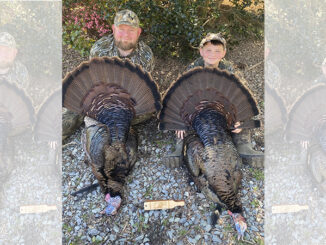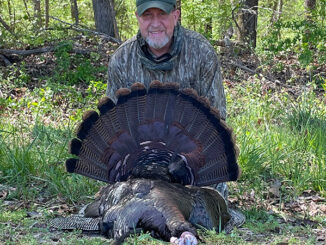
After 25 years, even flashboards and risers wear out, and that’s happening at waterfowl impoundments on the upper end of the Butner-Falls of the Neuse Game Land in Durham, Granville and Wake counties.
Fortunately, a $125,000 supplied to Ducks Unlimited by a grant from the office of Roy Cooper, North Carolina’s attorney general, through its Environmental Enhancement Grand (EEG) Program, will help make repairs and create better wetlands habitat on the public lands.
Flash boards and risers are part of a dike system that keeps water levels backed up until duck season. N.C. Wildlife Resources Commission personnel remove the risers, and impoundments that have been planted in millet, corn sorghum, smart weed and aquatic grasses eventually will be flooded with up to 3 1 /2 feet of water. The flashboards, originally made of metal and installed nearly a quarter-century ago, will be replaced with aluminum risers that won’t leak.
“A lot of the impoundments were built by U.S. Army Corps of Engineers 20 to 25 years ago,” said biologist Tommy Hughes of the N.C. Wildlife Resources Commission. “But they’ve started to rust out, leak and don’t hold water well.”
The impoundments were built to store water from the Little River and from rainfall, Hughes said. During spring and summer when the impoundments are dry, the Commission prepares the land and plants food stuffs for waterfowl, then floods them when fall arrives.
“Availability of the impoundments for waterfowl is solely dependent upon rainfall,” Hughes said. “When we had a drought last year, the Little River didn’t have enough water to flood the Butner-Falls impoundments.”
Butner-Falls of Neuse Game Land provides important wetland habitats for waterfowl and other wetland-dependent wildlife.
“This project will improve water quality and restore wetland functions within the Neuse River Basin, a high-priority area under the EEG Program,” said Craig LeShack, director of conservation programs for Ducks Unlimited. “It will also enhance existing wildlife habitat and provide valuable recreational opportunities for the citizens of North Carolina.”
The Butner-Falls of Neuse Game Land is a 40,899-acre state game land surrounding Falls Lake reservoir; it is managed by the Commission.
The restoration project will cover five wetlands that provide habitat for waterfowl, shorebirds and other wetland-dependent species. Hughes said the project will be undertaken in three phases, with Phase I the repairing of the flashboard/riser system.
“Phase II will be cleaning out of the ditches, which have filled in over the years,” he said. “Phase III will be to purchase a trailer-mounted pump at the Flat River.
Hughes estimated work won’t begin on the project until the spring and summer of 2014, unless more funds become available sooner.
“Most of the work will occur in 2014,” he said. “We hope DU will apply for another grant. We can’t do it this year because it’s so close to fall, and we keep water in until the birds pass back through.”
Duck impoundment work is complex, Hughes said, much more than just clearing and impoundment and flooding it.
“We’ll try to do some moist-soil plants there, too,” he said, “but when you don’t have water control devices working like they should, and get holes in them, it’s not cheap to repair. We also try to manage for moist soils to give the birds something to eat.”
The EEG Program is part of an agreement with Smithfield Foods Inc, under which, Smithfield and its subsidiary, Murphy Brown LLC, will provide $50 million over 25 years to the attorney general’s office to improve the environment. Projects are selected on the basis of benefits to rivers and sounds in areas of the state with high concentrations of hog farms.
“If we can get all the money at once, we can do it earlier,” Hughes said.





Be the first to comment